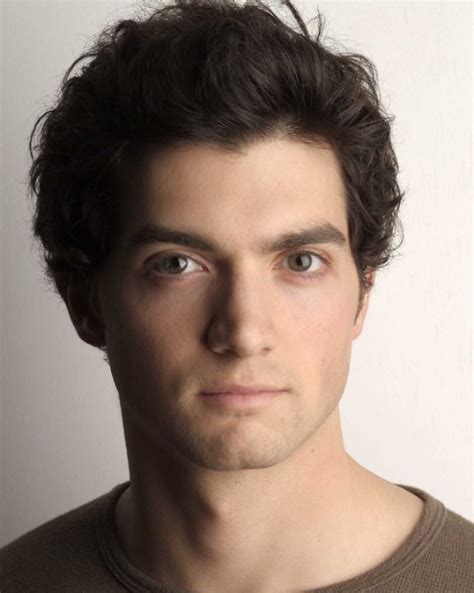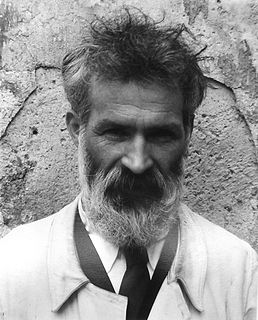A Quote by Bruce Nauman
And then what makes the work interesting is if you choose the right questions.
Quote Topics
Related Quotes
When people ask me what philosophy is, I say philosophy is what you do when
you don't know what the right questions are yet. Once you get the questions
right, then you go answer them, and that's typically not philosophy, that's
one science or another. Anywhere in life where you find that people aren't
quite sure what the right questions to ask are, what they're doing, then,
is philosophy.
There is only one way out of the trap: that you don`t choose; neither this nor that - you simply don`t choose. You withdraw from choice and you become choiceless. Choicelessness is freedom. To choose is to choose a prison; to choose is to choose a bondage. To choose is wrong, to be choiceless is to be right.
If I have a strong dislike for something, obviously that garners an equal amount of derision, towards me from the audience. And that's fine, as long as it's within the bounds of decency and isn't too personal in the vitriol. That's what makes the blog interesting, and that's what makes reading it interesting and that's what makes writing interesting. You don't want everyone to agree.
Taking somebody's money without permission is stealing, unless you work for the IRS; then it's taxation. Killing people en masse is homicidal mania, unless you work for the Army; then it's National Defense. Spying on your neighbors is invasion of privacy, unless you work for the FBI; then it's National Security. Running a whorehouse makes you a pimp and poisoning people makes you a murderer, unless you work for the CIA; then it's counter-intelligence.
In the history and literature courses I took, epistemological questions came to interest me most. What makes one explanation of the French Revolution better than another? What makes one interpretation of "Waiting for Godot" better than another? These questions led me to philosophy and then to philosophy of science.






































